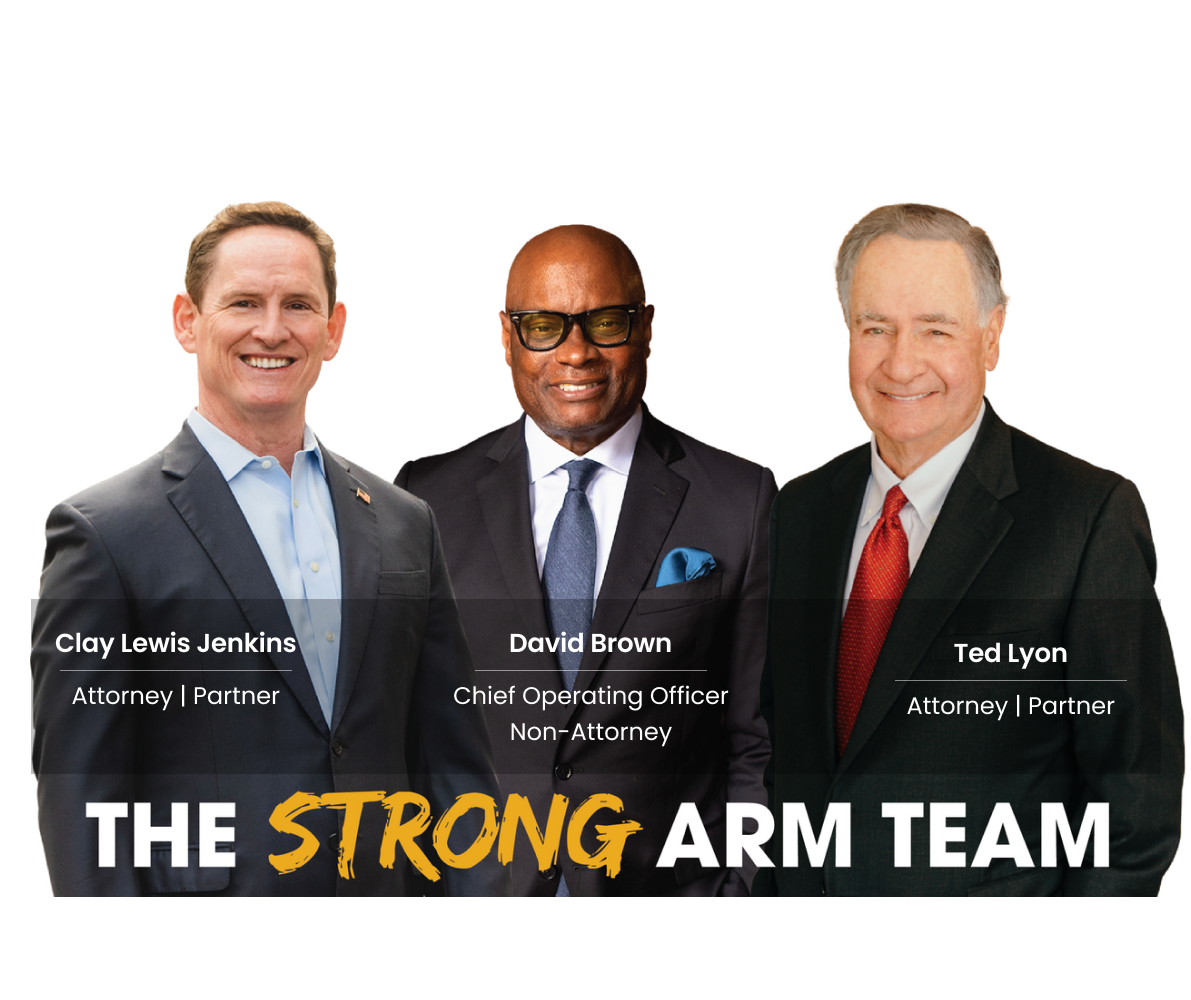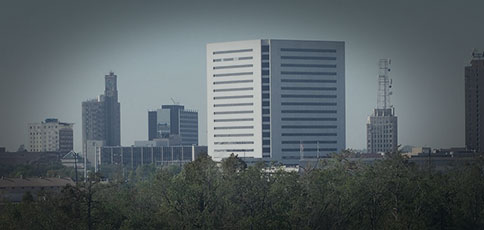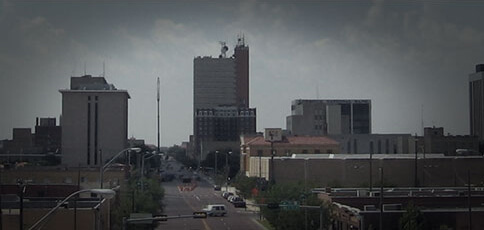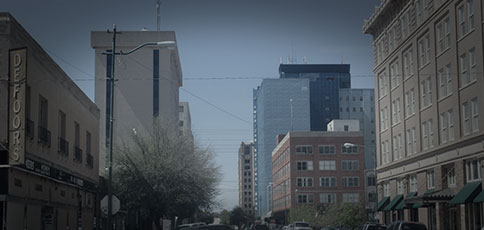
Approximately 25% of consumers do not repair vehicles that are recalled, according to Market Watch. This means that approximately 7.5 million of the nearly 30 million cars recalled in the United States in 2018 have not received repairs that are recommended by manufacturers. While some of the suggested recalls are relatively minor in nature, others may involve serious defects that can result in the death or injury of motorists.
If you or a loved one was injured in a Dallas car accident that may have been caused by a defective vehicle, the Dallas deadly defective vehicles accident lawyer from Loncar Lyon Jenkins is here to help. We can investigate your claim and help establish a defective vehicle was the primary or contributing factor.
When a Recall is Necessary for a Vehicle’s Defects
The National Highway Traffic Safety Administration (NHTSA) is the federal agency in charge of vehicle recalls. It reports that a recall is necessary when:
- A motor vehicle or its components does not comply with a Federal Motor Vehicle Safety Standard.
- There is a safety-related defect in the vehicle or its equipment.
Federal Motor Vehicle Safety Standards are minimum requirements for the performance of vehicles and their parts to ensure safe operation and protect vehicle occupants from death or serious injury in the event a collision occurs. They involve standards for various components of a vehicle, including brakes and tires.
These standards apply to all vehicles and components manufactured or imported for sale in the United States that will be used on public roads and highways in our country.

800-285-HURT (4878)Available 24/7 | 356 Days | se habla español
Safety-Related Recalls for a Defective Vehicle
Safety-related recalls are issued when there is a defect in the design, construction, or performance of a vehicle that threatens public safety and subjects the public to an unreasonable risk of accidents.
The NHTSA gives the following examples of safety-related defects that warrant a recall:
- Fuel leakage problems caused by fuel system components that can cause fires.
- Wiring system issues that can cause fires or cause the vehicle’s lights to turn off.
- Vehicle components, including steering components and tires, that suddenly break, crack, separate, or deteriorate during use, which may cause the loss of vehicle control or cause injury to vehicle occupants or others.
- Seats or backs of seats that fail during normal use.
- Accelerator controls that break or stick.
- Windshield wiper assemblies that do not operate properly, which may result in a lack of driver visibility.
- Airbags that deploy when they are not supposed to.
- Engine cooling fan blades, jacks, or other components that break while being repaired.
If you or a loved one suffered injuries in an accident that may have been caused by a defective vehicle, the Dallas deadly defective vehicles accident lawyer from Loncar Lyon Jenkins can help.
Recall Process
Most vehicle recalls are issued voluntarily by manufacturers. They may receive reports from customers about a problem and may publicly issue a recall. They may also conduct internal investigations, gather information, and implement inspection procedures to identify and correct problems.
When the NHTSA is involved, the following four-part process is implemented:
Screening
After the NHTSA has received consumer complaints, it reviews them and other information related to the reported defect. While there is no set number of complaints required for the NHTSA to act, the more serious the potential harm, the more likely it will act.
During this stage, the NHTSA reviews information from various sources, including:
- Consumer complaints
- Data from vehicle and equipment manufacturers
- Anonymous tips
- Congressional comments and letters
- Social media content
Petition Analysis
At this stage, the NHTSA analyzes petitions requesting an investigation into the review of safety-related defects. Anyone can petition the organization to investigate an alleged safety defect. The agency will notify the petitioner if the petition has been granted or denied.
Investigation
If the NHTSA believes an investigation is warranted, it will launch one. It will request information from the manufacturer, including its records regarding crashes, fatalities, injuries, and warranty claims. Based on this information, it determines if further analysis is needed. The manufacturer can object to further analysis.
Most investigations are resolved within one year from the date they are initiated. Most of them are closed because the agency determines further investigation is not warranted or because the manufacturer has already issued a recall.
Recall Management
Lastly, the agency maintains records for all safety recalls and oversees the recall process to ensure that they are being properly completed. If this process is not completed correctly, a recall investigation may be initiated.
If the agency determines during this four-step process that a defect exists, it may require the manufacturer to issue a recall and notify owners of the defect, but the manufacturer can challenge this finding in court.

800-285-HURT (4878)Available 24/7 | 356 Days | se habla español
How to Check on Recalls
You can search if your vehicle has been recalled by using the NHTSA’s search tool. You type in your VIN, which shows:
- Any recalls issued on the vehicle for the last 15 years.
- Any safety recalls that are incomplete on the vehicle.
The NHTSA also features a Recall Spotlight that highlights information about the most recent recalls in the news.
What to Do If You Find a Recall for Your Vehicle
The NHTSA will provide details regarding the recalls, including the components, potential safety risks, and who you should contact for repairs or part replacement. In some cases, you will need to reach out to a car dealership that sells your brand. Sometimes, your local mechanic can obtain and install the replacement component.
If you were injured in an accident because of the recalled component, speak with our attorney specializing in defective vehicle cases. They will compile the necessary evidence to prove that your accident was caused by the defect and establish the value of your losses. Damages you may be able to claim for a defective vehicle accident include:
- Lost income
- Property loss
- Medical costs
- Pain and suffering
- Mental anguish
- Therapy and rehabilitation
- Medication and medical equipment
- In-home medical care
If you are injured in an accident due to a vehicle defect, you should not have to pay for the financial damages you suffer. At Loncar Lyon Jenkins, we are dedicated to defending our clients’ rights to fair compensation.
How Our Dallas Defective Vehicle Accident Attorney Can Help
When you experience severe injuries due to a motor vehicle defect, you may spend months or even years in recovery. While you convalesce, your bills may go unpaid as your medical bills mount. Without income, you may feel backed into a corner.
Unfortunately, car companies and their insurance carriers know that you are feeling overwhelmed and may take advantage of your position to try and reduce their liability. They will often offer a settlement covering your medical expenses without considering the other expenses and losses associated with your accident. If you accept their offer, you may lose out on thousands of dollars you need to make yourself financially whole again.
Our defective vehicle accident attorney is aware of these strategies and will work to defend your right to fair compensation for all the losses you sustained. Rather than trying to negotiate on your own, call in the Strong Arm and let the attorneys at Loncar Lyon Jenkins handle it.
What to Expect From Us
We offer a free case evaluation to help you establish whether you have a claim and how you can proceed with an insurance claim or defective vehicle injury lawsuit. If we decide to proceed with your case, we will:
- Gather evidence of the defect, including documentation, witness statements, and expert testimony
- Prove that your injuries are due to the vehicle defect
- Establish a value for the losses you sustained because of the defect
- Aggressively negotiate for a fair settlement with the car company and their insurance
- Take your case before a judge and jury if an agreement cannot be reached out of court
No matter how complicated your case, we are here to help. Our defective vehicle accident lawyers firmly believe that car companies should be held accountable for the full value of the damages they caused. We will work with you in Dallas County to obtain the settlement you deserve for your losses.
Get Help Today If You Were Injured in an Accident with a Defective Vehicle
If you or a loved one was injured because of a defective vehicle or vehicle part, you may want assistance from a Dallas deadly defective vehicles accident lawyer from Loncar Lyon Jenkins. These claims are difficult to prove and often involve complex information from scientists and expert witnesses, so having a lawyer familiar with these aspects of the case can be very helpful.
You can learn more about your potential claim by calling us. We do not charge for your initial consultation, and we work on a contingency basis, so you only pay for our services if we recover compensation for your claim.

















